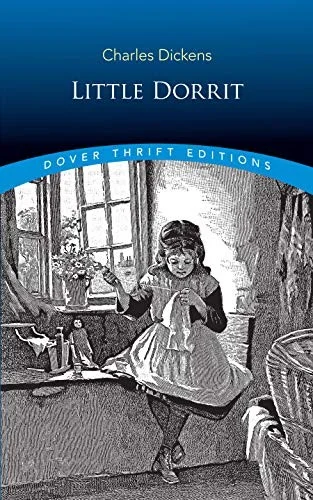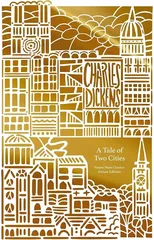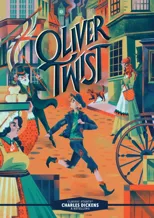A sweet-natured seamstress has lived all her life in the Marshalsea debtors' prison, where her family has been in custody since before her birth. When Little Dorrit ventures out of jail to work, she meets Arthur Clennam, who's trying to free himself from the burden of his family business. The state of captivity — as an experience, metaphor, and theme — is the focus of Little Dorrit. Charles Dickens drew upon childhood memories of his father's confinement to tell this story of people imprisoned by poverty, ignorance, and the lure of money and power. Acclaimed by George Bernard Shaw as Dickens' "masterpiece among many masterpieces," the novel presents a radical indictment of the arrogance and parasitism of genteel society. Its satire of corrupt bureaucracies, embodied by the Circumlocution Office and its policy of "How not to do it," remains as relevant to our time as it was the Victorians'. Blending tragedy, comedy, and mystery, the tale abounds in Dickens' exuberant language and deft characterizations.
Charles Dickens
Charles Dickens was an English novelist and social critic, born in 1812. He is best known for his vivid characters, intricate plots, and powerful social commentary. Some of his most notable works include "Oliver Twist," "Great Expectations," and "A Christmas Carol." Dickens' writing style often combined humor with pathos, and his works often highlighted the struggles of the lower classes in Victorian England.
Dickens had a profound impact on the development of the novel as a literary form, helping to popularize serial publication and bringing attention to issues of poverty, injustice, and inequality. His most famous work, "A Tale of Two Cities," is a historical novel set during the French Revolution and is considered a classic of English literature. Dickens' legacy continues to resonate today, as his works remain popular and influential in the world of literature.



